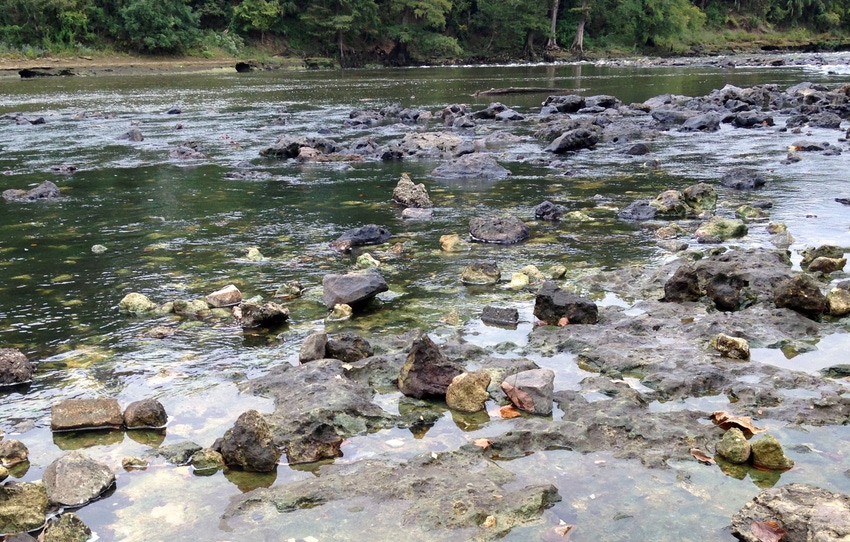
The Water Wars between Alabama, Georgia and Florida have gone on since the early 1990s, and for those of us who have followed, it has been a long-running saga.
Over the years, political leaders failed to resolve the various skirmishes in the dispute. In 2013, Florida sued Georgia in the U.S. Supreme Court.
The clash centers around water capacity and usage in the Apalachicola-Chattahoochee-Flint River Basin. According to the U.S. Geological Survey, the ACF basin provides water for more than four million people and is the significant water source for Metro Atlanta and other cities downstream. USGS data shows the rivers and tributaries supplied irrigation water for 736,000 acres in the basin in 2010.
The basin is also the source of freshwater for aquatic ecosystems for the Apalachicola Bay in Florida, which is the principal argument of Florida's case against Georgia.
On April 1, the latest decision from SCOTUS came down, the second SCOTUS decision in three years in the case. Justice Amy Barrett wrote the opinion. It's long and worth a read if you enjoy some modern legalese, which I do. But in short, she says:
"Without stronger evidence of actual past or threatened harm to species in the Apalachicola River, we cannot find it 'highly probable' that these species have suffered serious injury, let alone as a result of any over-consumption by Georgia. In short, Florida has not met the exacting standard necessary to warrant the exercise of this Court’s extraordinary authority to control the conduct of a co-equal sovereign. We emphasize that Georgia has an obligation to make reasonable use of Basin waters in order to help conserve that increasingly scarce resource. But in light of the record before us, we must over-rule Florida’s exceptions to the Special Master’s Report and dismiss the case."
Since the war began so many decades ago, you could call the ensuing court decisions, including this latest one, and the special masters' opinions the cliffhangers or the big reveals if this water dispute ever becomes a made-for-TV saga. It might make a good one. The tale involves the peering eyes of regulation, the push and pull of authority, self-interest, money, politics, scientific advancement, and natural wonders (the rivers), and, yes, maybe even some tragedy.
For me, the stars of this real-life saga have been the farmers who embraced evolving technology and the researchers and industry leaders who charged and championed a different mindset on how to do things better, to more precisely apply the necessary irrigation needed to produce high-quality high yields across the board.
And, yep, you could argue those better agricultural practices would have advanced without a 'war.' But, I can't help but believe, it provided a good spark in the lower Southeast to get things done sooner rather than later. And that's a good thing.
About the Author(s)
You May Also Like






